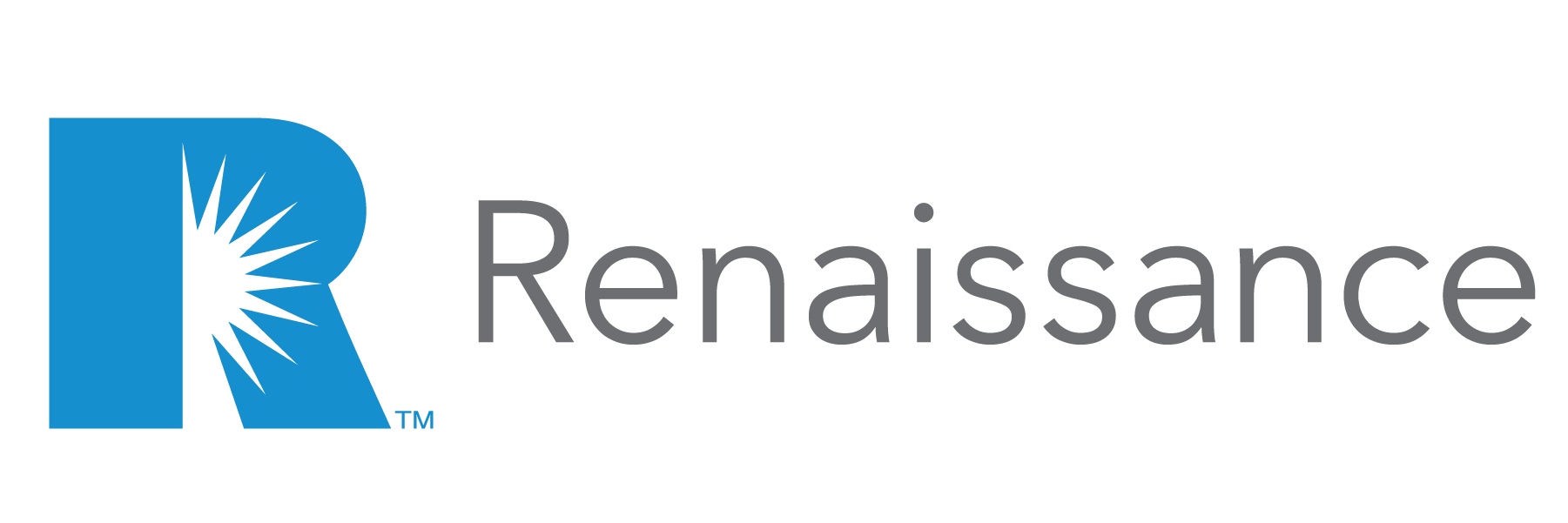How to do insurance agency marketing:
• Have a strong, easy-to-use web site that communicates your brand’s identity and value.
• Utilize personalized e-mail campaigns.
• Focus on one platform and develop a social media presence. Act as an educational resource for clients and prospects alike. Highlight customer testimonials.
• Utilize local advertising/sponsor events.
The 4 essential practices for elevating your agency’s profile
If insurance agency marketing can be boiled down to one simple principle, it is this: Think local, and always be present.
“Think local” involves adopting a mindset focused on how your agency’s message reaches the members of your community, as well as your agency’s place in it. To “always be present” is to continuously spread the word about your agency in both digital and analog ways. Be where the customer is.
Marketing effectively is one of the biggest challenges of independent agencies. Making your spend count, both in dollars and in time spent, is vital.
In today’s environment, it’s critical for even the smallest agencies to have a digital presence, from maintaining a well-designed web site to outreach on social media, to e-mail campaigns. Each touchpoint provides another chance for you to communicate the value of your agency and the personalized service it provides.
Whether you want to think of it this way or not, your agency is a brand – and both the agency principal and the staff are responsible for cultivating the brand’s identity.
The value of an independent agency is personal service from a trusted advisor, and that is your story to tell. Anyone can sell insurance; what are your agency’s biggest selling points? How do you serve your clients? Can customers contact you at all hours? Is your agency a long-standing, well-known institution in your area? Do you have a niche that you fill, or do you specialize in certain unique lines of business?
You need to establish what your value proposition is before you can communicate it.
Once you know what your primary selling points are, you can map those to the profiles of your potential clients. Ask yourself: who exactly are your potential customers? Create buyer personas for the customers you want to reach. Who is your target audience? Where do they live? What are their demographics? What types of coverage would they buy from you? Most importantly, what is their pain point and what does your agency do to resolve this issue?
Marketing your insurance agency involves every step of the customer journey and is part of every experience they have with you. This leads us to your most important marketing asset:
1. A strong, easy-to-use web site that communicates your brand’s identity and value
The first experience that most new customers will have with your agency happens the instant they click on your link through a Google search (and that’s assuming you rank visibly in those search results; more later on how to do that). Once they do, you only have one chance for your digital storefront to make a knockout first impression.
The first things visitors should see are an easy-to-use menu bar, your agency’s logo (if you don’t have one yet, you need one), and a strong graphic that portrays the tone of your brand. Those elements communicate your investment in your customers’ digital experience.
Interactive graphics on your homepage can also foster more time on site. For example, featured images of a home, an auto, and other visuals can be linked to other pages detailing the types of coverage that your agency offers.
On your site, visitors should be able to quickly find what they’re looking for. Consider that there are five primary reasons why people would visit you online:
- To learn more about agency (do I want to do business with these people? Do their capabilities match my risk?)
- To get in touch with an expert/learn more about insurance coverage
- To obtain a quote
- To file a claim
- To pay their bill
Does your web site make it easy to do all of those things?
Put your company culture on display to create a personal connection with customers. On your “About Us” page, include a video or an interview with your agency’s leaders. This “story” should talk more about your customer than it does about you. The goal here is to communicate that your agency is a group of intelligent, experienced, real people who understand your customers’ problems, and can diligently serve their needs.
Include contact information (including phone numbers and e-mail addresses) for all of your producers, as well as the hours when it’s best to reach someone personally.
Do your due diligence when building your agency’s website. There are certain investments in any business that must be made, and in the digital age, this is one of them. There are a variety of cost-efficient options available, and hiring a professional to do the heavy lifting for you can help you continue to maximize your time selling. Don’t hire your nephew to do this on the cheap. In the long run, you’ll be paying more for that through lost revenue opportunities.
Focusing on search engine optimization (SEO) will help you show up more prominently in local web searches. The same type of work is done by other businesses, such as restaurants, to maximize their Google rankings. People often conduct web searches for something they need, like an electrician, rather than a business’ name. If someone types “car insurance” and your ZIP code into a web search, does your agency’s name show up first? If not, you’re already a step behind the competition.
There are multiple ways to boost your SEO, but a big one is positive Google reviews from your customers. Google reviews are key to where you show up in search results, and you shouldn’t be afraid to ask for reviews from satisfied clients. Make it a practice to include in your e-mail signature a link to where people can leave reviews – the impact can quite literally elevate your agency’s profile.
Download our free e-book here: The Independent Agent’s Playbook for Success – How to Solve Your Agency’s Five Biggest Challenges
2. Personalized e-mail campaigns
E-mail campaigns provide your agency an excellent tool for personalized marketing to both prospects and current customers. While not every e-mail you send needs to be sales-based, it does need to be relationship-based; personalize every message your agency sends, regardless of whether a direct pitch is included.
Messages sent to celebrate customers’ birthdays or offer seasonal weather-related tips on topics such as hurricane preparedness and icy pipes serve to remind current customers who is responsible for their insurance needs, and help keep your value as their trusted advisor top of mind. Likewise, personalized e-mails can be sent to reach out ahead of policy renewals can get ahead of clients’ efforts to shop around.
Direct mail campaigns are still useful, but are more effective when combined with follow-up e-mails. Remind your customers that they can save by bundling policies with you.
Additionally, a deeper dive on your agency’s data can help you target cross-sell opportunities within your customer base – and the more policies you have with a client, the greater your retention will be. Over time, small improvements on retention will add up to a huge impact on growth and profitability.
Another great way to use e-mail in your agency marketing is to utilize Net Promoter Score customer surveys, in which your clients are asked to rate your agency’s efforts on a scale from 0 to 10. The results can not only reveal areas for improvement, but you can then ask those who rated you highly to share their thoughts in a Google review – which, remember, helps boost your ranking in search results.
NPS can also tell you who your least satisfied customers are; this gives you a better chance to win them back before they leave.
3. Social media
When done right, social media can help foster a sense of community engagement around your agency. It provides you an opportunity to build your brand, express your personality, and share details on what you and your staff do best.
It can also take a lot of time away from what your agency does best, so it’s important to identify where your efforts will be best spent. If you’re already an Instagram user or regularly find yourself on LinkedIn, posting daily on one or both of those sites is an option – but concentrating on one platform, like Facebook, where much of your insurance-buying demographic often is, may well be a better investment of time and effort.
Not having at least one social media presence looks odd in the digital age, so your best bet might be to pick one platform and direct all your social media time and attention to it.
Here are some guidelines for being on social and what types of content to focus on:
- Act as an educational resource for clients and prospects alike. (What protection does an umbrella policy provide? Why do you need renter’s insurance? How do your insurance needs change with a new driver in the family?)
- Express your personality. Do you enjoy cooking? Traveling? Antiquing? Posts involving any of those pursuits (and others) can play well on social. If you have shared interests, your customers can see something of themselves in you; if nothing else, it humanizes your agency.
- Offer helpful guidance on subjects such as how to winterize your home, or why it’s important to revisit your insurance needs if you put an addition on your house.
- Highlight customer testimonials. If a customer has something positive to say, share it! Don’t be embarrassed to display your strengths.
Above all, have fun with it and be authentic. Posting images will always get you more attention; use a site that provides free stock images, if needed. If you find yourself short on time to devote to your social presence, you can always use a site like Later.com to schedule some evergreen content posts in advance.
4. Local advertising/sponsoring events.
Finally, don’t underestimate the value of traditional advertising. Determine the radius that you want to cover and set a budget. Local billboards, bus stop ads, and placemats at local eateries are among your options. Others include sponsoring a local youth sports team, community event, fundraiser, or local cleanups – things that engender goodwill within your community.
Consider hosting a prospecting event, like a happy hour. Rent out a small space, create a flyer, and mail it to your prospects. Follow up with an e-mail. Events like this allow potential customers to meet the people behind the phone and grant you the opportunity to explain what kind of customer service you can provide.
Seek to engender brand loyalty at every step of the customer journey. Customer service is part of your marketing; positive experiences – especially those when you have a claim – lead to good word of mouth, and that’s some of the best marketing you can do.
Make no mistake, there’s a daily battle going on for your customers’ attention and loyalty – and you have to participate, or you’ll lose. Giant direct writers spend billions each year on marketing. Mindful investments in brand-building and smart marketing can help independent agencies stave off the competition and help you thrive.






